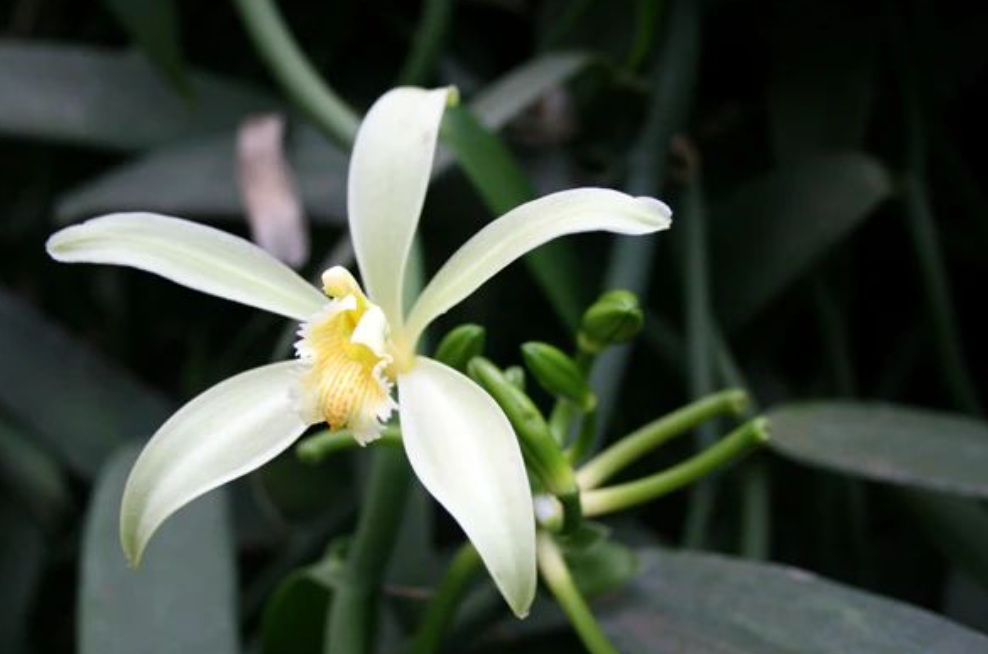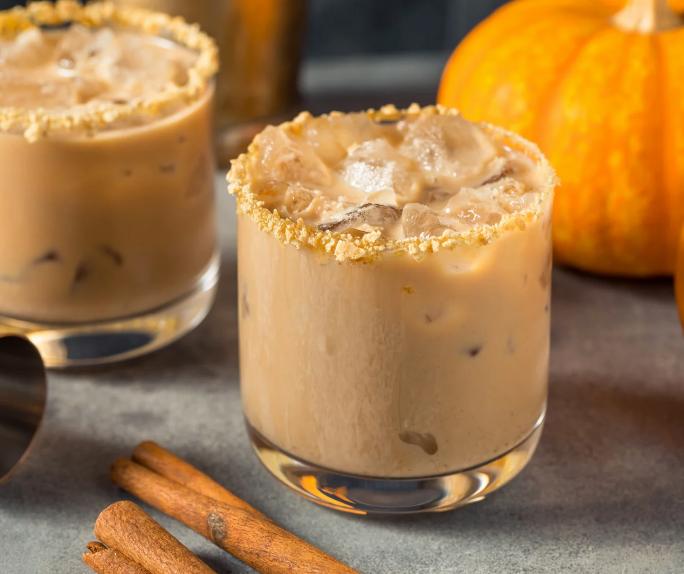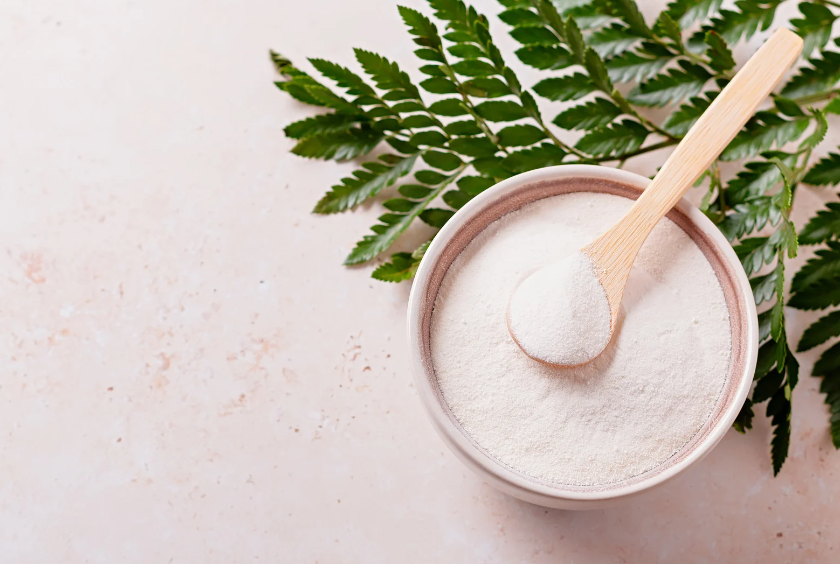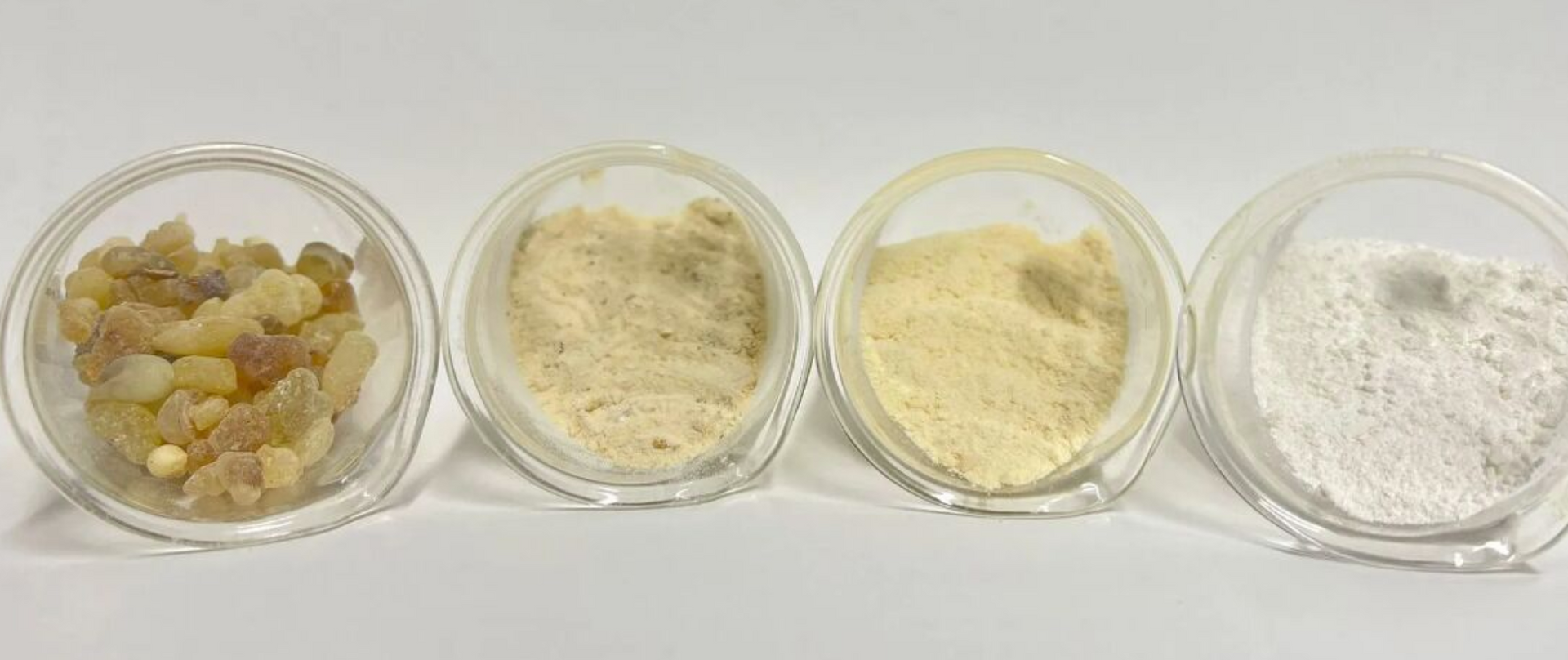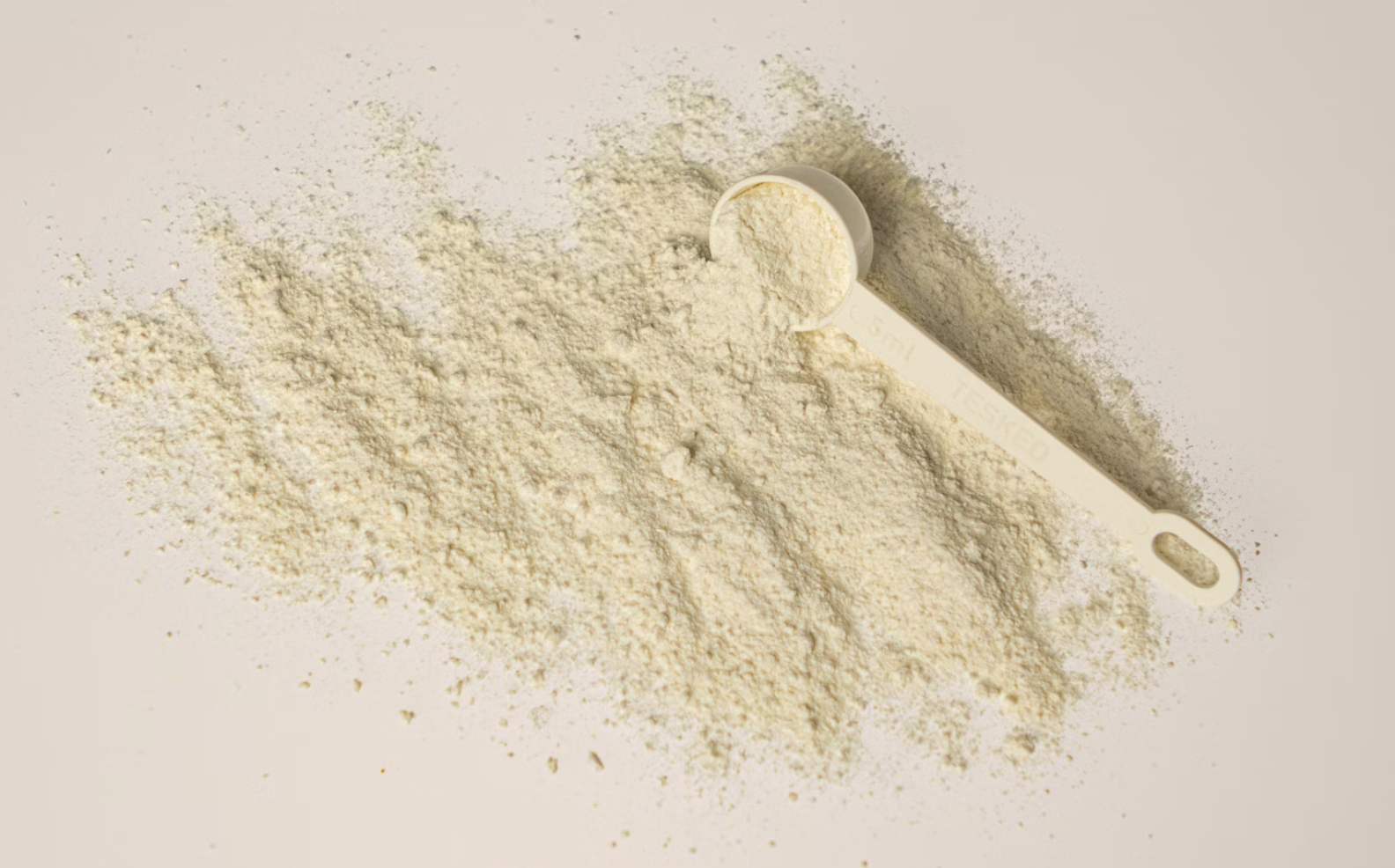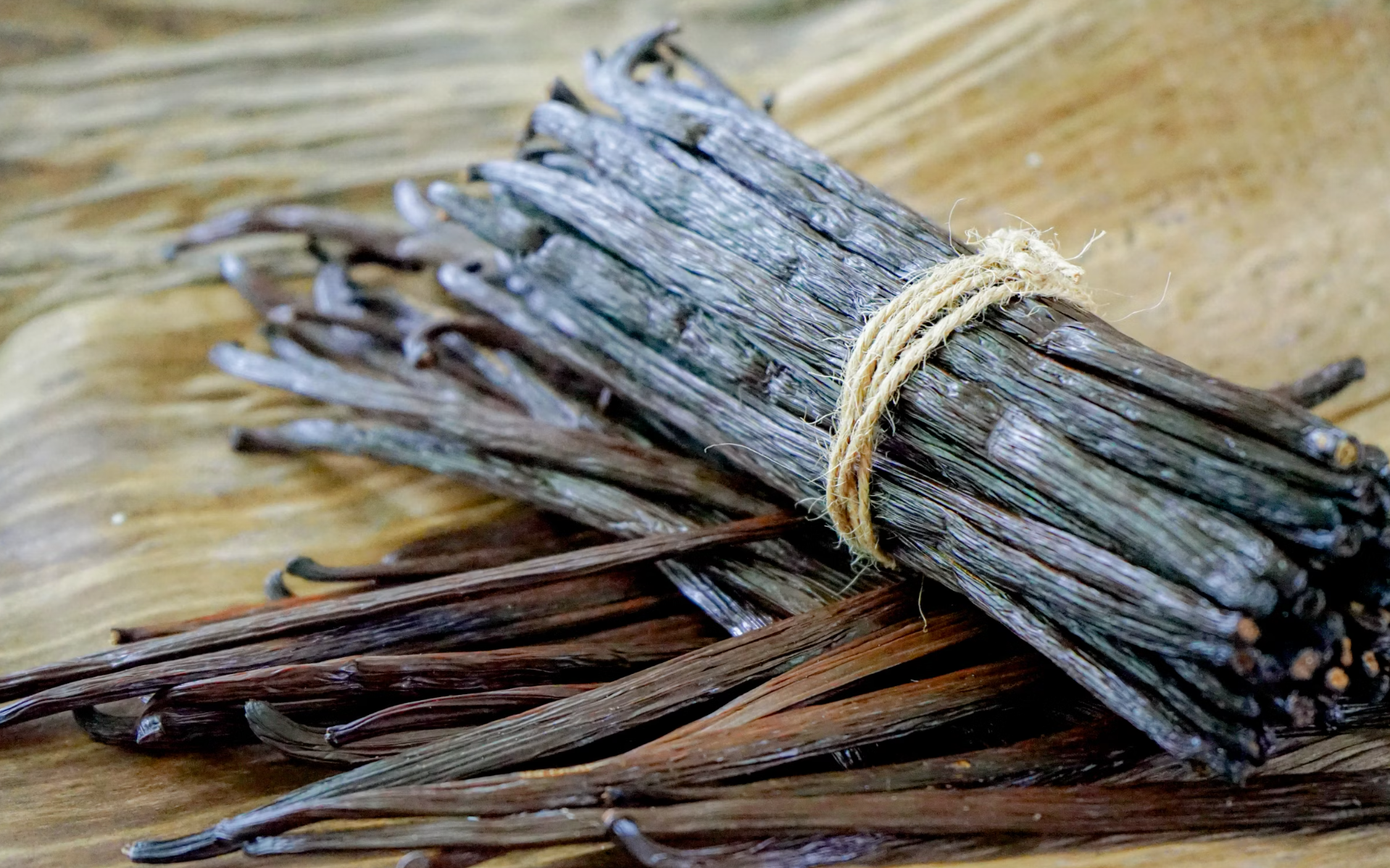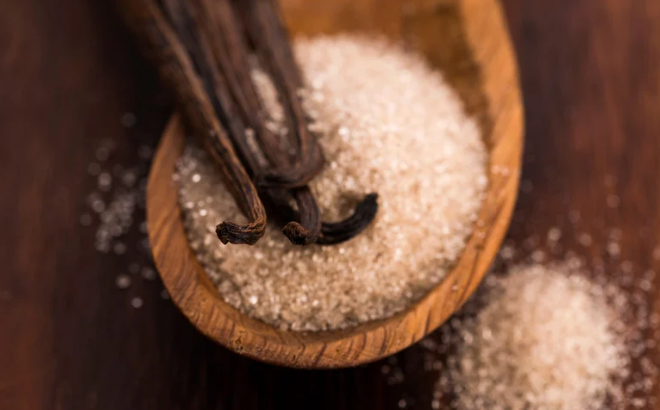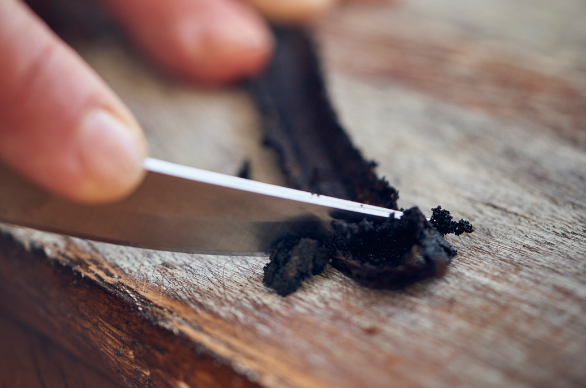Essential oil extraction methods
Essential oils are crucial in aromatherapy and are valued for their versatile applications in the cosmetics, food, and health industries. The quality and properties of essential oils heavily depend on the extraction methods used. In this article, we will discuss the most common methods for extracting essential oils, providing you with a detailed understanding of the process and the factors that affect oil quality.
1. Steam distillation: the most common method
Steam distillation is one of the oldest and most widely used methods for extracting essential oils. In this method, plant parts such as flowers, leaves, or bark are exposed to steam. The steam opens the plant’s pores, releasing the oils. This vapor is then condensed and collected in a separate container.
Advantages of steam distillation:
- Efficiency: This method is highly efficient for most plant species.
- Quality: The oils retain their natural properties and aroma.
- Applicability: Suitable for both small and large quantities.
Disadvantages of steam distillation:
- Temperature sensitivity: Some delicate plants may lose quality due to the high temperatures.
- Time-consuming: The process can be lengthy, especially for hard or woody plants.
2. Cold pressing: ideal for citrus fruits
Cold pressing, also known as the expression method, is primarily used for extracting oils from citrus fruits, such as oranges, lemons, and limes. In this method, the fruit peels are mechanically pressed, releasing the oils.
Advantages of Cold Pressing:
- Low energy consumption: This process requires little energy since no heat is involved.
- Natural preservation: The oils retain their full natural scent and flavor as no heat is applied.
Disadvantages of cold pressing:
- Limited applicability: Not suitable for all plant species, mainly just citrus fruits.
- Limited shelf life: Oils extracted in this way may oxidize more quickly.
3. Solvent extraction: for delicate flowers
Solvent extraction is often used for delicate flowers, such as jasmine or roses, which lose their fragrance at high temperatures. In this process, the flowers are first soaked in a solvent, usually hexane or ethanol, which dissolves the oils from the plants. The solvent is then evaporated, leaving behind a concentrated oil known as a concrete.
Advantages of solvent extraction:
- High yield: This method produces a very high amount of oil.
- Gentleness: Very suitable for sensitive flowers that cannot withstand heat.
Disadvantages of solvent extraction:
- Chemical residues: Traces of the solvent may remain in the final product.
- Labor-intensive: The process requires multiple steps and precise control.
4. CO2 Extraction: innovative and efficient
CO2 extraction is a relatively new and highly efficient method for extracting essential oils. In this method, carbon dioxide (CO2) is pressurized to turn it into a liquid state. This liquid CO2 acts as a solvent, drawing the oils out of the plants. Once the pressure is reduced, the CO2 evaporates, leaving behind a pure essential oil.
Advantages of CO2 extraction:
- Purity: The resulting oil is very pure and free from solvents.
- Temperature control: The process takes place at low temperatures, preserving the oils' natural properties.
- Eco-friendly: CO2 is a reusable solvent and leaves no harmful residues.
Disadvantages of CO2 extraction:
- Cost: This method is more expensive compared to traditional methods.
- Complexity: Requires advanced equipment and technical expertise.
5. Maceration: for specific applications
Maceration is an extraction method where plants are soaked in a base oil, such as olive oil or sunflower oil. The plants are left in the oil for a certain period, allowing the essential components to dissolve into the oil. This process is often used for extracting oils from flowers such as calendula and St. John’s Wort.
Advantages of Maceration:
- Simplicity: The process is straightforward and can be done with minimal equipment.
- Gentleness: Very mild on delicate plants, preserving their properties well.
Disadvantages of Maceration:
- Lower concentration: The oils extracted via maceration are often less concentrated than those obtained through other methods.
- Quality of base oil: The final quality of the oil depends on the base oil used.
Conclusion
Choosing the right extraction method is crucial for obtaining high-quality essential oils. Each method has its own advantages and disadvantages, and the choice depends on the specific plant species, the desired quality, and the application of the oil. At Dutch Essentials, we strive to use only the best methods to deliver the purest and most effective essential oils.
